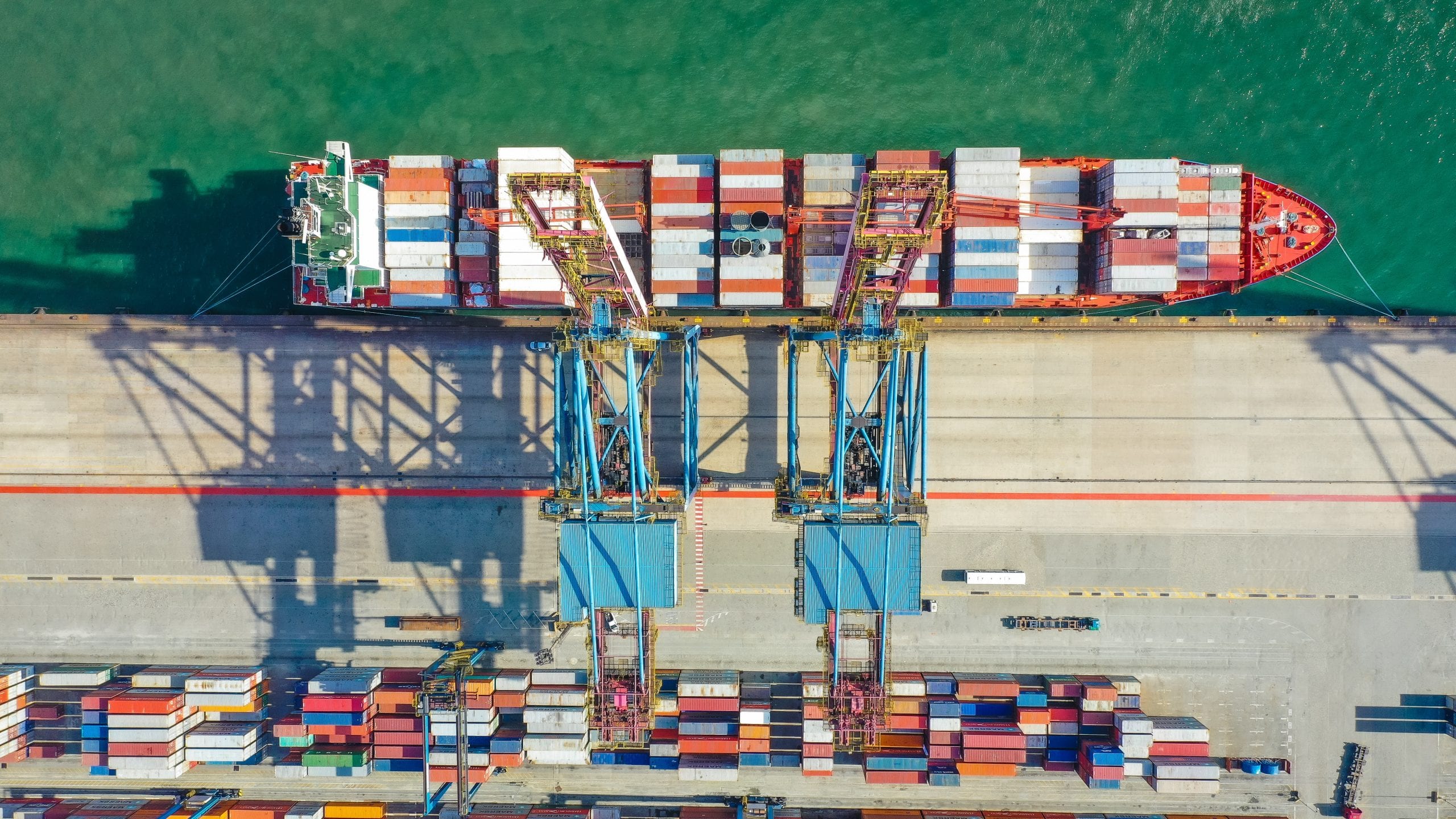How the Chinese New Year Affects Shipping

The Chinese New Year and its Global Impacts
Most major holidays have unique impacts on varying industries. The Chinese New Year is arguably the most important holiday in how it impacts the logistics of businesses on a global scale. More specifically, the Chinese New Year, or CNY, has an impact on global supply chains originating in China and freight forwarders servicing these supply chains.
The Chinese New Year is more commonly known as the Lunar New Year or “Spring Festival”. For China, it is the most important traditional holiday and the longest holiday period. Because of this, its financial impact is greater than other country’s holidays across the world.
January 25th, 2020, “The Year of the Rat” according to the Chinese Zodiac, marks the start of the next Chinese New Year. While it’s officially a 7-day long holiday, most traditional celebrations last up to two weeks, ending around the Lunar New Year’s Eve (February 8th, 2020).
Like Christmas in the western countries, the Chinese New Year represents a time for family, drinking, cooking, and enjoying a hearty meal together.
So how does the Chinese New Year affect shipping businesses around the world?
How Does The Chinese New Year Affect Shipping?
We know the Chinese New Year is mostly a 7-day festival. However, most people in China celebrate for up to two weeks. This means hundreds of thousands of factories in China, arguably the largest global goods exporter, will shut down for up to two weeks.
For most of these factory workers, this is the only time of year they’ll be able to spend quality time with family. An unfortunate side effect of this is most factories do not know whether their workers will return, causing further delays in production. To encourage workers to return, many Chinese companies will offer laborers time off up to one week, if not more, prior to the start of the Chinese New Year. Despite this, they still may lose up to two-thirds of their workforce each year.
The United States of America is China’s largest trading partner, and therefore feels the greatest impact of this steep labor shortage each year.
As a result, rapid manufacturing practices increase to overcome labor shortages and sometimes product quality suffers. While it is a common practice to inspect the goods for quality control, it may create minor to major shipping delays.
Always make sure to have a quality management and inspection plan in place to reduce risks of a delayed shipment due to quality control issues.
How To Prepare Shipments for the Chinese New Year
It goes without saying that proper planning, and coordination are vital for ensuring all supply chains continue to run smoothly. This is even more important when planning for the Chinese New Year. And while ports do remain open closer to the Chinese New Year, it’s vital that international freight forwarding companies verify there are adequate shipping containers and transportation available when planning to ship goods several weeks prior to the long holiday.
Important tip: Shipments must be at the port of loading in China at least ten days prior to the start of the Chinese New Year. In addition, all shipments must be booked at least two weeks in advance as space fills up extremely quickly. Shipments planned to ship after the holiday will often ship a week after the port’s reopening.
Conclusion
China’s transportation infrastructure becomes more heavily taxed during this time, so proper planning and coordination are important.
Workers are already under pressure to meet quotas. Keep in close contact with your vendors to help ensure production stays on schedule. Doing so will help maintain production speed and allow enough time to correct product quality defects if needed.
Does all this sound confusing? It is. Luckily, Dedola Global Logistics, considered one of the best freight forwarders in the world, has helped its customers flourish for 43 Chinese New Years, so we like to think we’re pretty good at it.
You want to remain efficient, reliable and sustainable as your supply chain grows or changes in scale and complexity. Leveraging your unique position and processes are key. Dedola Global Logistics can help.
Schedule a consultation and let us guide you.
That’s the Dedola Difference.

Contact Us

